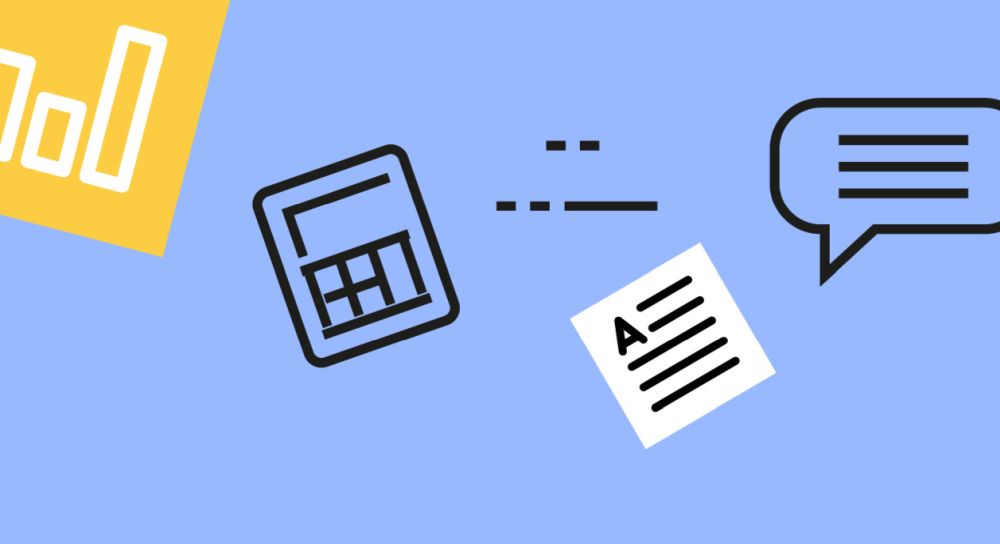The way in which a project is managed is a matter of great importance with regard to the timeliness and quality of its completion. In order to ensure that individual tasks are carried out properly and in accordance with the agreed schedule, it is worth acquiring specialised software dedicated to this purpose. It makes it much easier to carry out many complex projects simultaneously. Such software enables effective planning, controlling progress and sensible management of resources. In the following article, we discuss the benefits of investing in a reputable project management software.
Project management – what do you need to know?
The project management procedure must be strictly planned and worked out in every detail. This has a huge impact on whether individual tasks can be completed on time and on whether the company can achieve market success. At this point in time, the market abounds in an extremely wide range of different programmes dedicated to thoughtful management. It is also important to be aware of the most important issues before pointing out what to bear in mind when selecting such a programme.
Management methodology refers to guidelines on how employees are to act so that the set business goals can be achieved. Individual employees need to have knowledge of how to apply the schemes in practice and how to use acceptable tools. It is important to know how dedicated project management software works.
What do you gain from professional project management software?
Effective project management is one of the keys to an organisation’s success. With access to the right tools, the whole process can be made much easier. With such software, planning, organising and monitoring individual activities is incomparably easier. And this, in turn, results in improved team effectiveness. In addition, individual tasks are usually completed according to a pre-defined schedule.
Thanks to innovative solutions such as resource allocation, process automation, report generation or risk analysis, the company can avoid chaos and is able to make decisions quickly. It is much easier for them to achieve their business goals. With dedicated tools at their disposal, companies have better control over their projects and communication between team members is significantly improved. As a result, employees are more productive and the whole company gains an extremely valuable competitive advantage.
Software selection – useful tips
When deciding on project management software, there are many things to consider. First of all, the functionalities – they should be adjusted to our individual needs. Additionally, it is worth verifying whether the system is intuitive and scalable. In addition, the provider’s reputation and the support it offers are also important.
Another crucial factor is the integration capabilities with other tools your team already uses. The cost structure should also be analyzed carefully, including any hidden fees or additional charges for extra users. It’s advisable to test the software through a free trial period before making a final decision. Last but not least, consider the security measures implemented by the provider, especially if you’ll be handling sensitive data, and check whether the software offers regular updates and improvements to stay current with evolving project management trends.
Choosing the right project management software is not just a matter of convenience, but a strategic decision that can significantly influence your company’s efficiency, competitiveness, and growth potential. With well-chosen tools, organisations can better navigate the challenges of modern business environments, foster collaboration, and deliver results that meet both deadlines and expectations. Investing in such solutions is an investment in long-term operational excellence. Therefore, taking the time to carefully assess and implement the right software pays off in increased productivity, better outcomes, and stronger team dynamics.
How does project management software support remote and hybrid teams?
In today’s business reality, where remote and hybrid work models are becoming increasingly popular, effective project management tools are more important than ever. Proper software plays a crucial role in ensuring continuity, transparency and fluidity of communication between dispersed team members. With built-in functionalities such as task assignment, file sharing, real-time updates, and integrated chat or video conferencing tools, teams can work together efficiently regardless of location.
Project management software also makes it easier to track the progress of each team member’s work and ensure that everyone remains aligned with the overarching goals. Managers can oversee project timelines, adjust priorities, and instantly spot delays or issues that require attention. This significantly reduces the risk of misunderstandings and helps maintain high productivity standards.
Additionally, many tools offer dashboards and customizable reports, which support informed decision-making and foster a culture of accountability. For remote or hybrid teams, access to such features can be the difference between success and stagnation.




